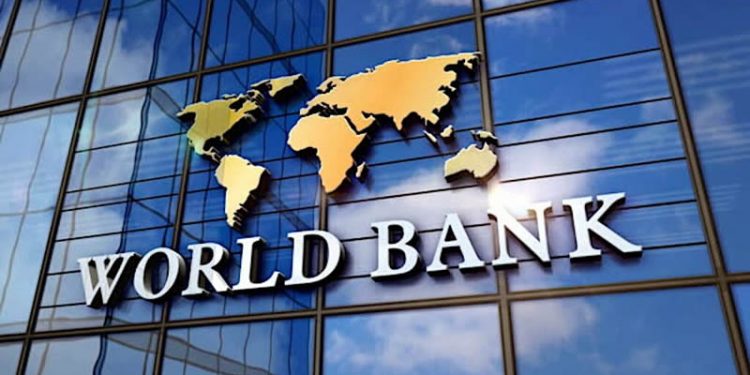Nigeria is set to receive $1.57 billion in new financing from the World Bank to support initiatives aimed at strengthening human capital, improving health outcomes for women, children, and adolescents, and building resilience to climate change. This significant funding was approved by the World Bank’s headquarters in Washington, D.C., and will be allocated across three key areas.
The breakdown of the financing includes:
1. $500 million for the HOPE-GOV (Human Capital Optimisation and Primary Education Governance) program to address governance challenges that constrain service delivery in education and healthcare.
2. $570 million for the HOPE-PHC (Primary Healthcare Provision Strengthening Programme) aimed at improving maternal, newborn, child, and adolescent health, with the goal of reducing mortality rates and boosting healthcare resilience.
3. $500 million for the SPIN (Sustainable Power and Irrigation for Nigeria) project, which will focus on enhancing dam safety and improving irrigation systems to mitigate the impacts of floods and droughts.
The HOPE-GOV and HOPE-PHC programs will enhance service delivery in education and healthcare by addressing governance challenges, improving resource management, and increasing the effectiveness of financing in these sectors. These efforts are expected to improve the availability and quality of education and healthcare services, benefitting millions of Nigerians.
The SPIN project will focus on improving water resource management, dam safety, and irrigation services, directly benefiting up to 950,000 people, including farmers and livestock breeders. It will also help protect citizens from the impacts of climate change by reducing vulnerabilities to floods and droughts, while also increasing hydropower generation capacity.
According to Ndiamé Diop, the World Bank’s country director for Nigeria, investing in health and education is critical for boosting future employment opportunities and productivity, especially for women and girls. The SPIN project, in particular, will have a direct positive impact on livelihoods, and the World Bank is committed to working with the Nigerian government to implement these initiatives effectively.










